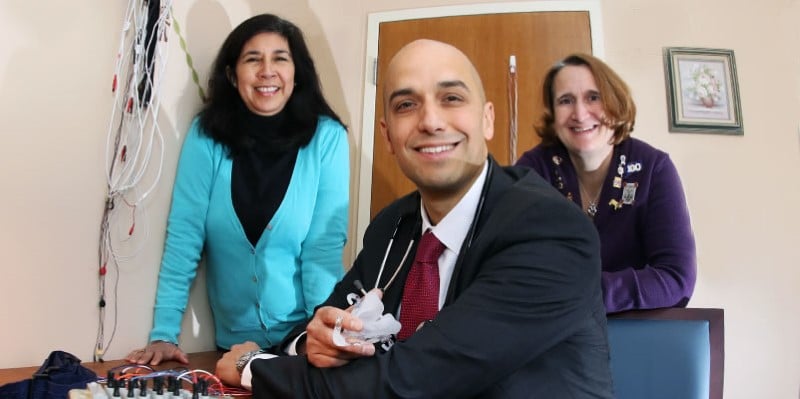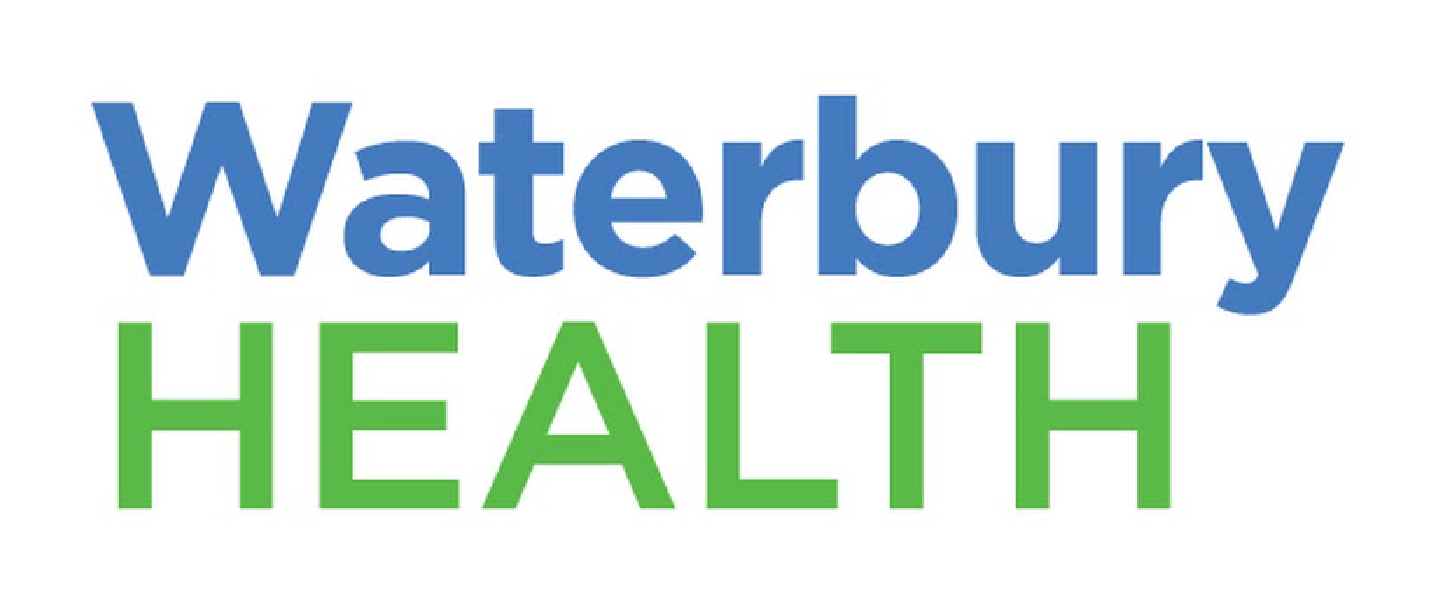Sleep Center

For more information contact (203) 598-7399.
Alliance Medical Group houses a Regional Sleep Center dedicated to sleep disorders that can help you live a better life by getting a better night’s sleep. More than 30 percent of individuals suffer from a sleep-related problem, which may include:
-
SEVERE SNORING Not just a nuisance, it frequently fragments sleep and causes daytime fatigue. It may indicate more serious problems.
-
SLEEP APNEA Recurrent interruptions in breathing throughout the night lead to major health consequences. Sleep apnea affects men and women of all ages and weights. Treatment can completely reverse sleep apnea and its daytime effects.
-
RESTLESS LEGS SYNDROME An uncomfortable feeling in the legs, this can make it difficult to sit still in the evening or to get to sleep once in bed. Restless Legs Syndrome may also cause excess movement throughout the night, interrupting the sleep of both the sufferer and bedmate. There is new information about the causes, and new treatments are available.
-
Daytime somnolence, sleep attacks, sudden weakness with strong emotions and restless nights, characterize this problem. It is diagnosed by clinical evaluation and specialized sleep lab testing. Research has led to the development of several new medications that can control this disabling condition. To date, about 50 percent of narcoleptics have not been diagnosed.
-
Poor sleep can be a primary problem, but it may also be caused by many other afflictions including abnormal sleep behavior, Parkinson’s Disease, medical illness, hidden seizures and medications. A clinical evaluation and sleep study may identify the cause and remedy for not being able to achieve a restful night.
Sleep Disorders
A spectrum of health consequences including snoring and insomnia are just the beginning of the story.
Sleep disorders can result in a wide range of problems:
-
Excessive daytime sleepiness
-
Morning headaches
-
Drowsy driving
-
Poor concentration and work performance
-
Loss of memory
-
Worsening of depression
-
High blood pressure
-
Uncontrolled diabetes
-
Nocturnal urinary frequency
-
Persistent acid reflux
-
Male impotence
-
Menopausal fatigue/mood alterations
-
ADHD in all ages
-
Childhood learning impairments
-
Poor recovery from heart problems
-
Increased risk of coronary artery disease
Payer Information
All major insurance companies, Medicaid, and Medicare now recognize the importance of sleep disorders, and cover most or all of the costs. Since individual plans have their own specific limitations and authorization requirements, patients should be sure to consult their policy for details.
Important Forms
To better serve you, we ask that you download and complete some information prior to your next scheduled visit. Please download and complete the form below:
Sleep Lab Patient Questionnaire Form
Sleep Lab Patient History Form
Jay Kenkare, MD, Medical Director of the Regional Sleep Center, is Board Certified in Sleep Medicine and Internal Medicine by the American Board of Internal Medicine. You can learn more about him here.
How are sleep problems diagnosed?
Some individuals realize that their sleep quality is poor or that they feel fatigued. They consult a physician. In other cases, friends or family report severe snoring, apnea, abnormal behavior or other signs. A physician may suspect the problem during an office visit. For all, the process begins with a complete sleep history and physical exam, followed by a referral to the Sleep Center.
What is a sleep study?
A sleep study, or polysomnography, records many aspects of sleep, including breathing patterns, snoring, heartbeat, oxygen levels, leg movements, brain waves and total sleep quality. Testing begins in the early evening when the process is explained by specially-trained sleep technicians who apply monitor leads and follow the testing through the night in their control room next to the bedrooms. In the morning, patients may shower and then continue with the day’s usual activities.
What is the environment like?
The Sleep Center rooms are private, soundproof, temperature controlled and comfortably furnished with a queen-size bed, lounge chair, desk, television and outside phone line. Patients are free to bring their laptops, office work, medication, snacks and other comfort items. Each room also has a private bathroom and an intercom to talk with the lab technicians.
What happens after the test?
Within a week, the sleep study is analyzed and reports are sent to the patient and his/her physician. The specific treatment suggested in the report is initiated by the physician at the Sleep Center or the patient’s physician. In some cases, additional studies may be required.
Our Sleep Center physician will evaluate all the information and come up with a customized treatment plant that is right for you. To make the sleep test as meaningful as possible, the patient and his/her physician are asked to submit specific information that would help identify any special testing, personal needs or pre-test actions. A patient may be asked to modify his/her sleeping schedule, caffeine intake or medication before arriving. The sleep techs often make note of important observations during the test.
Sleep Consultations
The identification and successful management of sleep disorders has become sufficiently complex that many patients or their caregivers prefer a sleep evaluation by specialists in the field. This is usually done before any studies are ordered, but may also be helpful during the treatment phase. Consultations with
Dr. Jay Kenkare can be arranged by calling the Sleep Lab between 9 a.m. and 4 p.m. at (203) 598-7399.
